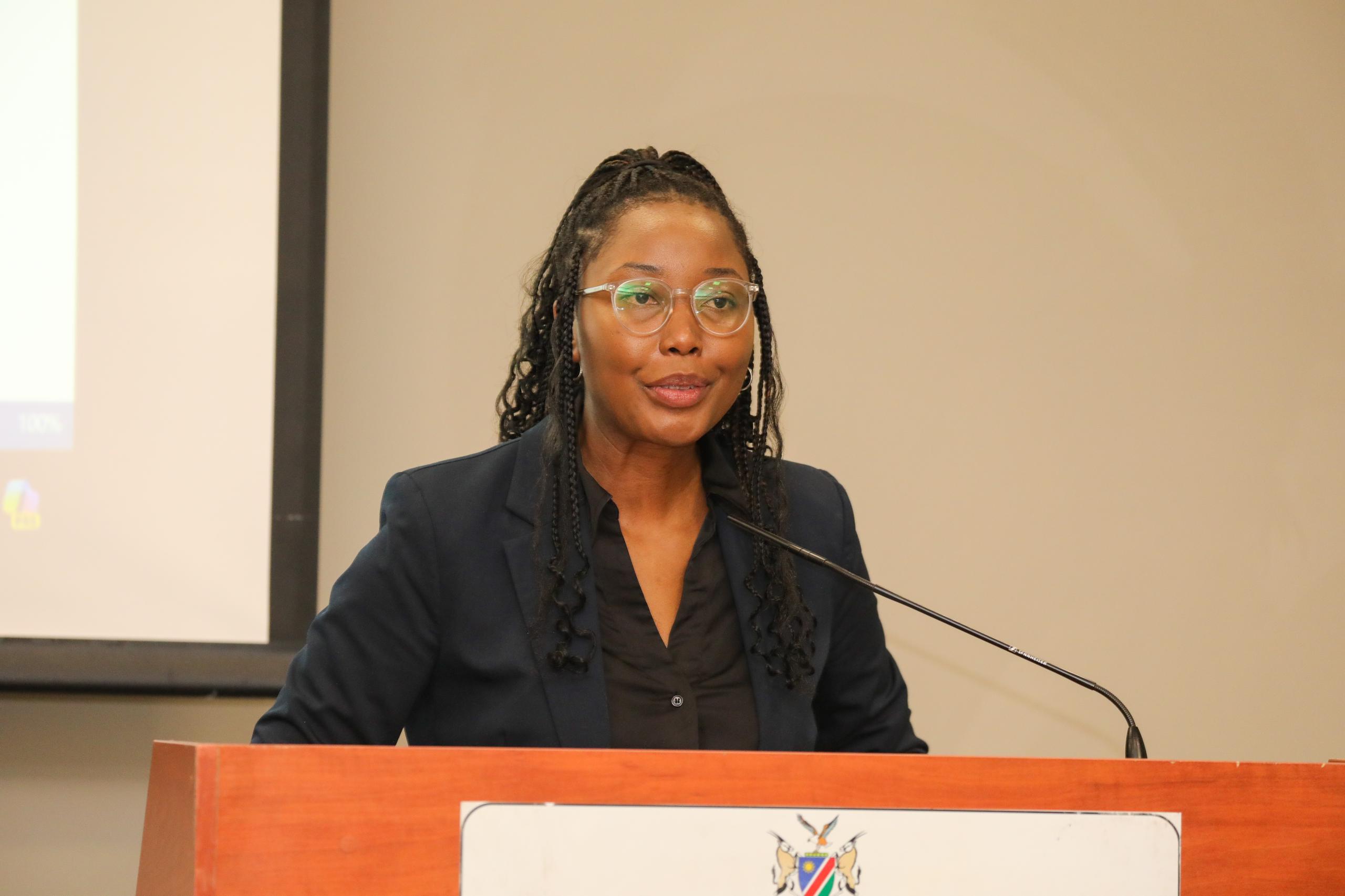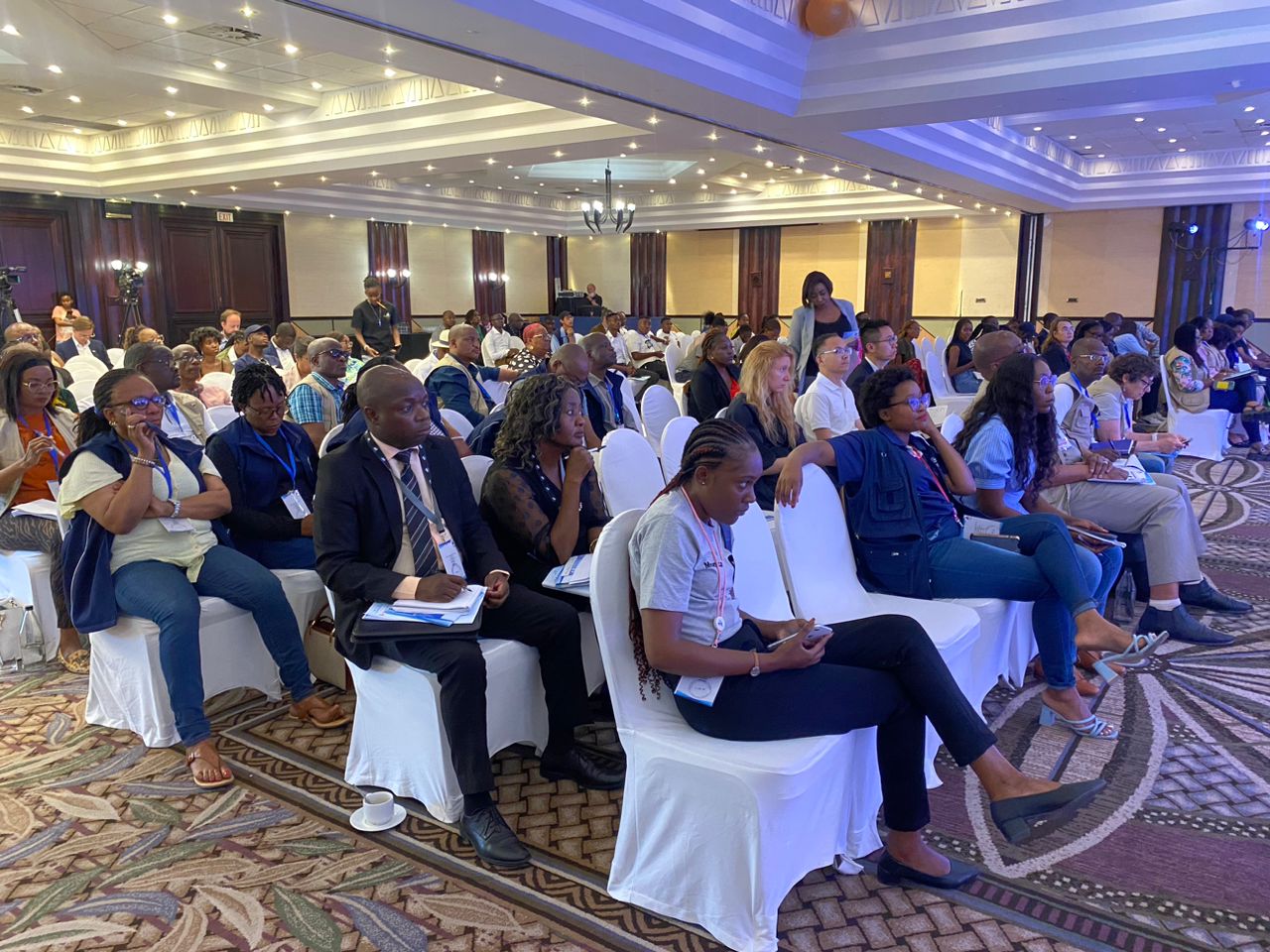It is both an honour and a privilege to address you at the opening of the 8th National Information and Communication Technology (ICT) Summit, under this year’s theme: ‘Building Resilience to ‘Adapt or Die’ in the Era of Digital Transformation and Artificial Intelligence (AI)’.
As we gather here in Windhoek on the three days of the National ICT Summit, we are at a pivotal moment in our nation’s digital journey.
This summit is not just an event, but a significant milestone in our ongoing efforts to shape Namibia’s future in an increasingly digital world.
In the current era, digital transformation and artificial intelligence (AI) are reshaping every facet of our lives. From how we communicate and work to how we access services and interact with each other, technology is driving change at an unprecedented pace. This transformation brings remarkable
opportunities for innovation, economic growth and social advancement.
However, it also presents challenges that require thoughtful and proactive responses.
The theme of this summit captures the essence of the challenge we face. To thrive in this new digital era, we must not only adapt to technological changes, but also build a robust and resilient framework that can withstand the rapid pace of these advancements. Our focus must be on ensuring that digital transformation benefits all Namibians and drives sustainable development across all sectors.
The International Monetary Fund recently ranked Namibia ninth out of 54 African countries in terms of preparedness for the adoption of artificial intelligence in 2024. This ranking indicates that Namibia has made significant progress in developing the infrastructure and environment necessary to leverage AI technologies, showcasing the country’s commitment to adapting to the evolving digital era.
AI is at the forefront of this digital revolution. It holds immense potential to transform industries, enhance productivity and solve complex problems. However, integrating AI into our systems and processes presents challenges, including ethical considerations, data protection and the need for regulatory frameworks. As we embrace AI, we must ensure that its deployment is transparent, ethical and aligned with our national values and priorities.
Furthermore, the government is in the final stage of enacting of the data protection and cybercrime bills while proceeding with efforts to amend or repeal and replace the current Communications Act to encompass the advancements of the technological space. This important legislation will protect our people’s personal information and their online presence while simultaneously safeguarding our digital infrastructure.
Digital technologies are also transforming the way we deliver public services and engage with citizens. From e-governance to digital health and education, these technologies offer new ways to improve service delivery and enhance the quality of life for our people. We must leverage these technologies to make government services more accessible, efficient and responsive to the needs of our citizens.
Therefore, with our local and international partners, we have developed a National Digital Strategy, which will narrow the digital divide, promote digital literacy, provide access to citizen-centric digital public services and create greater economic opportunities for all Namibians.
I thus urge public and private institutions to prioritise the digitisation of their
services to ensure that the public access their service from anywhere in the world.
To navigate technological change, a skilled workforce is crucial. Prioritising education and training in digital skills, including science, technology, engineering and mathematics (Stem) education and digital literacy, ensure that citizens are equipped to thrive in the digital economy. Supporting initiatives that promote these areas from an early age is key to long-term success.
Innovation drives digital transformation and creating an ecosystem that nurtures this from start-ups to established enterprises, is vital. Collaboration between government, industry and academia is necessary to drive research, development and the adoption of new technologies, fostering a culture of continuous improvement.
It is essential to ensure that digital transformation is inclusive. This involves addressing digital divides and ensuring that marginalised communities have access to digital resources and opportunities. It also requires implementing measures to protect digital infrastructure, safeguard privacy, and manage the ethical implications and economic disruptions that come
with new technologies.
In conclusion, as we embark on this summit, I encourage all participants to engage in meaningful discussions, share insights, and collaborate on solutions that will shape our digital future. The decisions we make and the strategies we develop during these three days will have a lasting impact on our nation’s digital trajectory.
Let us embrace the opportunities presented by digital transformation and AI with optimism and determination. Together, we can build a resilient, innovative and inclusive digital ecosystem that will drive Namibia’s growth and secure our place in the global digital economy.
I now have the distinct honour of declaring the 8th National ICT Summit officially open. – Minister of information and communication technology Emma Theofelus at the official opening of the 8th ICT Summit, 9 September
Stay informed with The Namibian – your source for credible journalism. Get in-depth reporting and opinions for
only N$85 a month. Invest in journalism, invest in democracy –
Subscribe Now!






